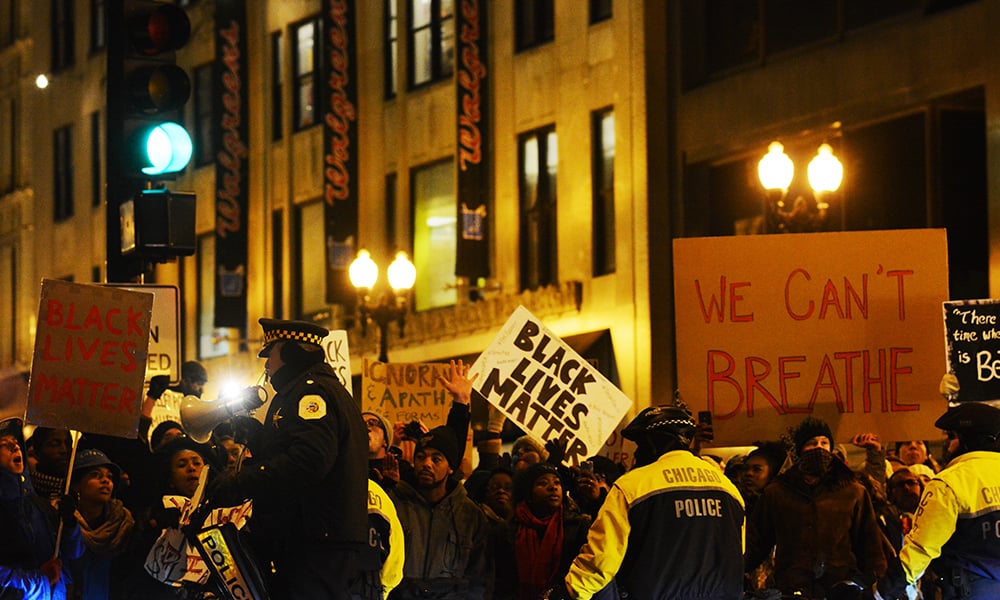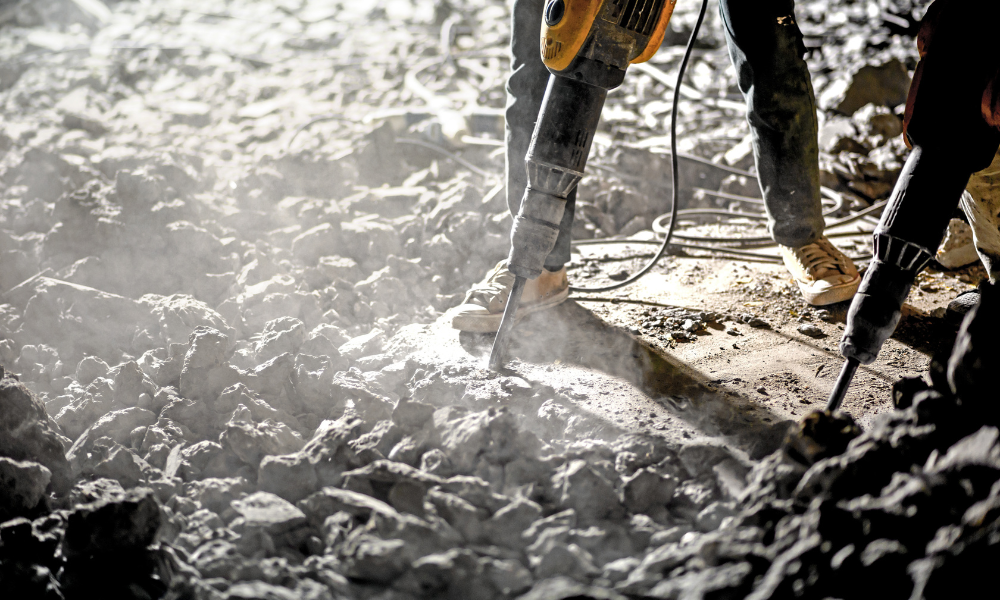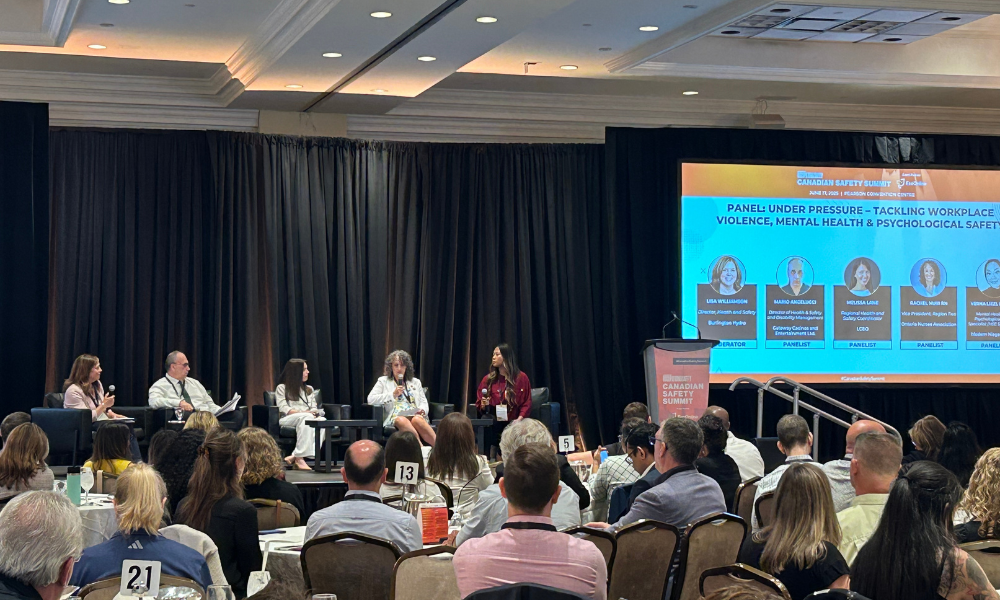This follows reports of abuse and police brutality towards journalists at recent protests

The American Civil Liberties Union (ACLU) released a statement this week saying that they are filing a class action lawsuit against Minnesota’s state and law enforcement officials. This, ACLU says, is in the hopes that police officers who target journalists are held accountable for their actions.
“As people take to the streets to demand justice for George Floyd, Breonna Taylor, Ahmaud Arbery, Tony McDade, and too many other Black people who have been killed by police in recent years, journalists have joined them to bear witness. While covering these protests in cities throughout the country, journalists have become conspicuous targets for arrest, intimidation, and assault by police officers, even though (or perhaps because) they are clearly identifiable as members of the press.” Said Brian Hauss, ACLU Staff Attorney, and Teresa Nelson, member of ACLU of Minnesota, in the statement on Wednesday.
This statement notes that there have been reports of abuse towards journalists not only in Minnesota but in cities throughout the country. ACLU is additionally seeking legal action to stop police brutality against protesters and organizers, said the statement.
COS previously reported on how groups of Canadian news workers expressed their anger over how the police the U.S. have treated Canadian journalists, and journalists in general, who are covering the protests which have followed the death of African American man George Floyd.
ACLU says: “These attacks violate the press’s clearly established First Amendment right to report on public protests and police activities. An open society depends on a free press to keep the public informed and to bear witness to government actions. When law enforcement officers target members of the press with impunity, they strike at the root of our democracy. Law enforcement officers who perpetrate these abuses must be held accountable for their actions to the fullest extent of the law.”
The U.S. Constitution’s First Amendment states that: “Congress shall make no law respecting an establishment of religion, or prohibiting the free exercise thereof; or abridging the freedom of speech, or of the press; or the right of the people peaceably to assemble, and to petition the Government for a redress of grievances.”





